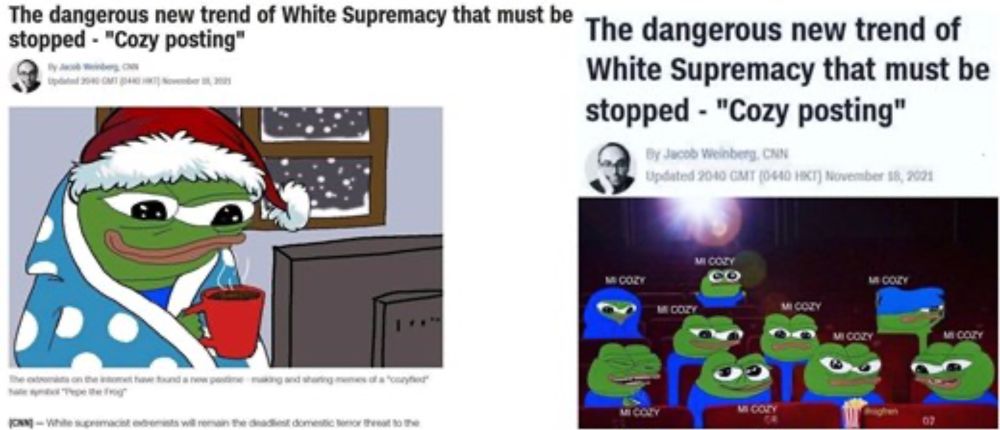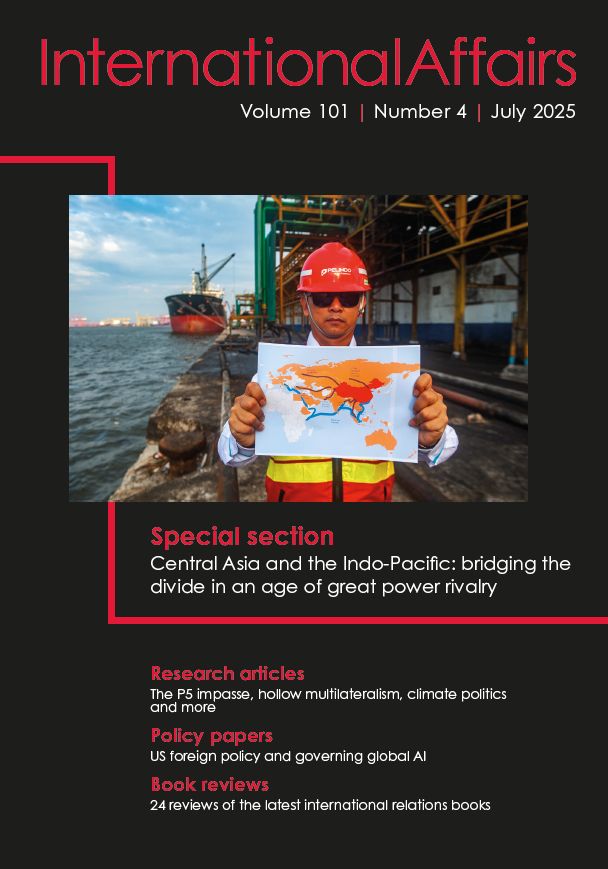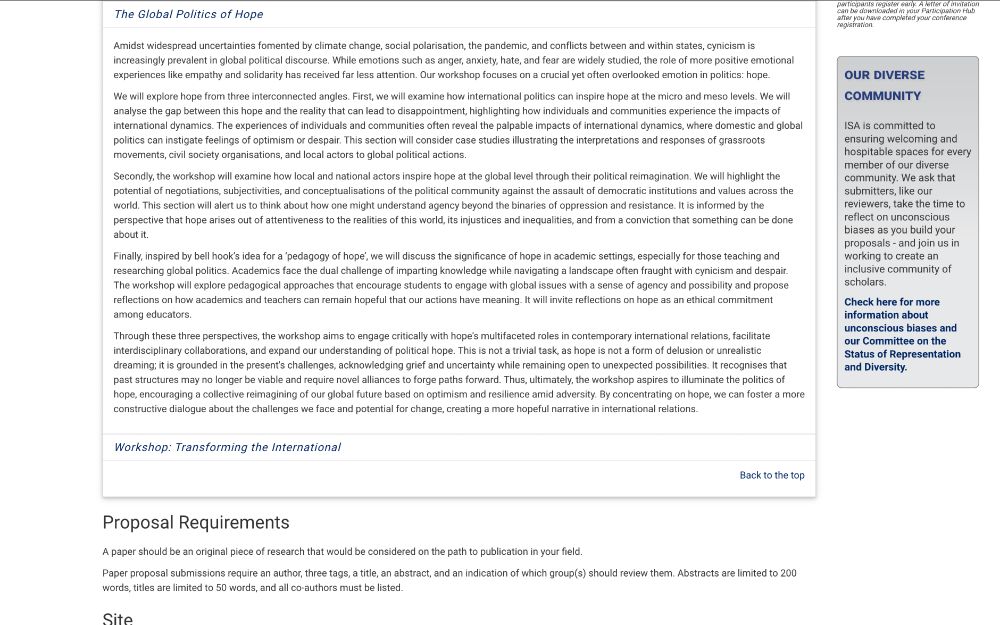Anne-Marie Houde
@annemhoude.bsky.social
2.6K followers
490 following
47 posts
Postdoctoral Research Fellow in Public Policy at the University of Oxford - researching Emotions, EU integration, Ontological (in)security, Political psychology, the everyday, narratives, Brexit.
Posts
Media
Videos
Starter Packs
Reposted by Anne-Marie Houde
Reposted by Anne-Marie Houde
Charlie Price
@charlieprice.bsky.social
· Jul 29

Ketchup Is the Whitest Sauce: Memes as Silly/Serious Bordered Spaces in International Relations
Abstract. This paper draws on previous scholarship on humor, memes, and seriousness in International Relations to produce a novel means for understanding o
academic.oup.com
Reposted by Anne-Marie Houde
Anne-Marie Houde
@annemhoude.bsky.social
· Jul 24
Anne-Marie Houde
@annemhoude.bsky.social
· Jul 24
Anne-Marie Houde
@annemhoude.bsky.social
· Jul 24
Anne-Marie Houde
@annemhoude.bsky.social
· Jul 24
Anne-Marie Houde
@annemhoude.bsky.social
· Jul 24
Anne-Marie Houde
@annemhoude.bsky.social
· Jul 24
Anne-Marie Houde
@annemhoude.bsky.social
· Jul 24
Anne-Marie Houde
@annemhoude.bsky.social
· Jul 24
Anne-Marie Houde
@annemhoude.bsky.social
· Jul 24
Anne-Marie Houde
@annemhoude.bsky.social
· Jun 12
Anne-Marie Houde
@annemhoude.bsky.social
· Jun 12
Anne-Marie Houde
@annemhoude.bsky.social
· Jun 11
Reposted by Anne-Marie Houde
Anne-Marie Houde
@annemhoude.bsky.social
· Jun 10
Anne-Marie Houde
@annemhoude.bsky.social
· Jun 10
Anne-Marie Houde
@annemhoude.bsky.social
· Jun 10
Anne-Marie Houde
@annemhoude.bsky.social
· Jun 10
Anne-Marie Houde
@annemhoude.bsky.social
· Jun 10
Anne-Marie Houde
@annemhoude.bsky.social
· Jun 10



